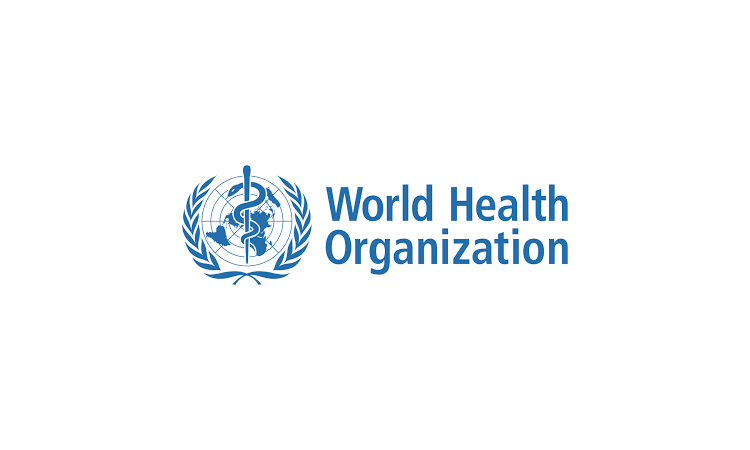News Flash

ENEVA, Oct 14, 2025 (BSS/AFP) - The World Health Organization called Tuesday for urgently scaling up care for neurological conditions, which impact more than three billion people globally, insisting many could be prevented or treated with the right services.
Neurological conditions affect more than 40 percent of the global population, while disorders claim more than 11 million lives each year, the WHO said.
The top 10 neurological conditions contributing to death and disability include stroke, migraine, Alzheimer's disease and other dementias, meningitis, and idiopathic epilepsy, according to the latest numbers, from 2021.
But structural, financial and social barriers are hindering progress against such conditions, while widespread prejudice and misconceptions are preventing people from seeking treatment, the UN health agency warned.
"WHO is calling for urgent, evidence-based and coordinated global action to prioritise brain health and expand neurological care," it said.
Only 63 countries have a national policy on neurological disorders, while only 34 report having dedicated funding.
"With more than one in three people in the world living with conditions affecting their brain we must do all we can to improve the health care they need," said WHO assistant director-general Jeremy Farrar.
"Many of these neurological conditions can be prevented or effectively treated, yet services remain out of reach for most -- especially in rural and underserved areas, where people too often face stigma, social exclusion and financial hardship."
The WHO report found that low-income countries have more than 80 times fewer neurologists than high-income nations.
"This shortage means that for many patients, timely diagnosis, treatment, and ongoing care are simply out of reach," it warned.
The WHO said chronic underfunding of research, particularly in low- and middle-income countries, was hampering the creation of effective policies on neurological disorders.
The Geneva-based agency said only 46 countries offered carer services and just 44 had legal protections for carers -- resulting in informal carers having no recognition or means of support.
"Without action, the burden of neurological disorders will continue to rise," said the WHO.
It urged countries to make the topic a priority through sustained investment, and to expand access to care, promote brain health and strengthen monitoring to help improve decision-making.